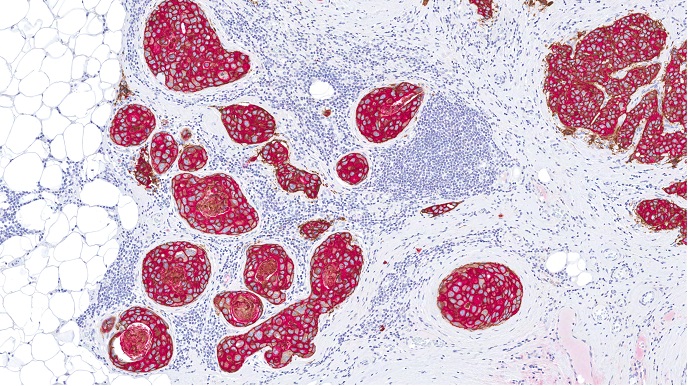Advanced research methodologies make further advances
Personalised medicine, or individualised diagnosis, prognosis and treatment, has improved the quality of care, but has made it harder to conduct meta-analyses on disease courses and treatment. MEDIASRES(opens in new window) (Novel statistical methodology for diagnostic/prognostic and therapeutic studies and systematic reviews) was a new international PhD programme that combined state-of-the-art research with comprehensive research training to encourage young scientists to develop novel ways to study diseases in today's world. The project was successful in building an interdisciplinary training network for early-stage researchers (ESRs). The idea was to enable them to tackle challenging problems and translate biostatistics and biomedical research findings for eventual application in clinical medical practice. The first two years consisted primarily of training efforts, with courses and practicals on statistics, methodologies and measures conducted by renowned statisticians and researchers. In all, five face-to-face network-wide training weeks were organised along with numerous local courses and workshops. In addition, two comprehensive online trainings helped expand the reach of the programme to allow later-stage researchers to continue their education. Furthermore, MEDIASRES initiated transnational research secondments, where each ESR was assigned to a partner institution for a minimum of two months. Already, one ESR has obtained her PhD while others are close to obtaining their PhDs. All 14 ESRs worked on their individual research projects, which covered major methodological research areas. Important topics addressed included: longitudinal data, time-to-event data, multistate models, meta-analysis, prediction, regression models, pharmacokinetic modelling, adaptive design and dose finding, non-compliance, missing data and biased sampling. Research outcomes were published in over 12 peer-reviewed papers with several more under submission or preparation for publication. The findings were widely disseminated via 65 talks and poster presentations as well as a symposium with 150 participants. MEDIASRES activities should facilitate the development of international professional networks that go beyond Europe to enhance research through further collaboration. The project has also empowered ESRs to develop or modify statistical techniques to fit the evolving nature of scientific research and personalised medicine.







